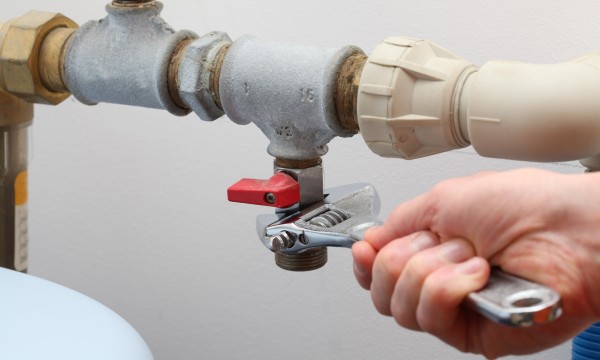The article author is making a few good pointers related to Is Your Water Heater Leaking? in general in the article followed below.

A water heater is one of one of the most important fundamental appliances that can be discovered in a home. With water heaters, you do not need to go through the anxiety of home heating water by hand every single time there is a need to wash, wash, or the recipes. There is always an opportunity that your water heating system would certainly act up as with most mechanical tools.
It is very important to keep in mind any type of little malfunction and also tackle it rapidly before things leave hand. Many times, your hot water heater starts to malfunction when there is a build-up of debris as a result of continuous usage. As a preventative measure, periodic flushing of your hot water heater is suggested to avoid debris accumulation and also stop functional failing.
Typical water heater emergencies and exactly how to manage them
Leaking hot water heater tank.
In this scenario, you should turn off your water heating unit, enable it to cool down, and also thoroughly look for the resource of the trouble. At times, all you need to do is to tighten up a few screws or pipeline links in cases of minor leakages. If this doesn't work and the leak lingers, you may require to use the services of a specialist for a suitable substitute.
Varying water temperature level.
Your water heater might start producing water of different temperature levels typically ice cold or scalding hot. In this situation, the first thing you do is to make sure that the temperature is readied to the desired level. If after doing this, the water temperature keeps altering during showers or other tasks, you might have a malfunctioning thermostat. There may be a demand to change either the thermostat or the home heating unit of your water heater.
Too little warm water
Managing an insufficient supply of warm water can be aggravating. It might be that the water heater can't sustain the hot water need for your house. To deal with this problem, you can attempt to adjust your heating unit's temperature level dial and also wait for a few mins. If the issue continues, you can request for the help of an expert plumber. Alternatively, you might upgrade your water heater to one with a larger capability.
Stained or smelly water
When this takes place, you need to recognize if the issue is from the water or the tank resource. If there is no amusing odor when you run chilly water, then you are particular that it is your water heating unit that is faulty. The stinky water can be triggered by rust or the buildup of microorganisms or sediments in the water heating unit tank.
Verdict
Some house owners overlook little caution as well as minor faults in their hot water heater device. This just brings about more damage and a possible total break down of your device. You need to manage your hot water heater faults as quickly as they come up to stay clear of even more expenses and also unnecessary emergency problems.
With water heaters, you don't require to go through the stress and anxiety of home heating water manually every time there is a requirement to take a bathroom, do the washing, or the recipes. Your water heater might begin producing water of various temperature levels generally ice chilly or hot hot. It may be that the water heating unit can't sustain the hot water need for your apartment or condo. If there is no amusing smell when you run chilly water, then you are specific that it is your water heating unit that is damaged. The stinky water can be created by corrosion or the accumulation of germs or debris in the water heater container.
Common Water Heater Issues and What You Should Do
What Type of Water Heater Do You Have?
Before we begin it’s first important that you identify the type of water heater you have on your property. There are two main types of water heaters out there: conventional and high efficiency.
Both of these types of products typically use either gas or electricity to heat power. There are also solar water heaters that use a thermal collector on the roof or yard to heat the water.
While these models are not as common, they can cut heating costs in half. In this article, we will focus on conventional and high efficiency.
How Do My Electric and Gas Water Heater Work?
Though they look similar, electric and gas water heaters work very differently. It’s important to know their basic function because often problems can be specific to the heating source.
In the electric model, a thermostat on the side of the machine detects the temperature of the water in the tank. When the temperature needs to rise electricity flows to a heating element suspended in the water.
Gas models also use a thermostat device — typically with a mercury sensor at the tip and an additional sensor called a thermocouple. The thermocouple detects whether the pilot light is on and controls the flow of gas.
When the thermostat drops below the appropriate level gas is released which becomes ignited by the pilot light. The flame heats the bottom of the water tank which causes hot water to rise and cold water to drop.
This natural circulation continues until the water reaches the desired temperature. Then, the thermostat triggers the gas control valve to shut off the flow of gas.
What Are the Most Common Issues and How Do You Fix Them?
https://happyhiller.com/blog/common-water-heater-issues-and-what-you-should-do/

I recently found that blog entry about Warning Signs You Need Water Heater Repairs while doing research the web. Loved our piece of writing? Please share it. Let another person discover it. I appreciate reading our article about The Importance of Water Heater Maintenance.
Here